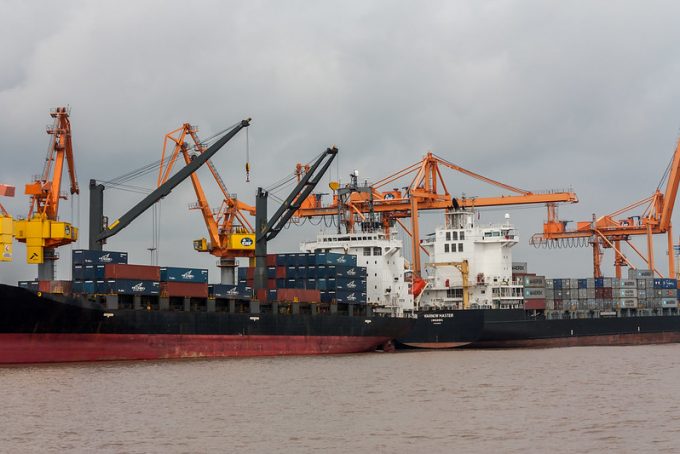The US Line: Leadership and why DEI actually matters
Chapeau to Geodis, DHL and Expeditors…

Freight forwarders and logistics experts say the expansion of Vietnam’s container shipping fleet, and the incentives for that, could generate benefits for shippers through reduced transport costs.
Last month, the Vietnamese government approved plans to increase the number of containerships owned by domestic companies by exempting import taxes and halving tonnage fees on goods they carry.
The target is to double the ratio of imports and exports carried on Vietnamese ships to 10% by 2026, and double this again to 20% by 2030.
Currently, ...
'Disastrous' DSV-Schenker merger would 'disrupt European haulage market'
'Chaos after chaos' coming from de minimis changes and more tariffs
List of blanked transpac sailings grows as trade war heats up and demand cools
Shippers in Asia restart ocean shipment bookings – but not from China
Forto 'sharpens commercial priorities' as it lays off one-third of staff
India withdraws access for Bangladesh transhipments, in 'very harmful' decision
'Tariff hell' leaves industries in limbo – 'not a great environment to plan'
Temporary tariff relief brings on early transpacific peak season
Pre-tariff rush of goods from US to China sees air rates soar, but not for long
Asian exporters scramble for ships and boxes to beat 90-day tariff pause
De minimis-induced ecommerce demand slump could cripple freighter operators
Forwarders 'allowing the fox into the chicken run' by supporting 'hungry' carriers
Hapag 'took the bigger risk' when it signed up to Gemini, says Maersk
'Restoring America's maritime dominance' – stop laughing at the back of the class
Navigating tariffs: 'like trying to solve a Rubik's cube while colour-blind'

Comment on this article